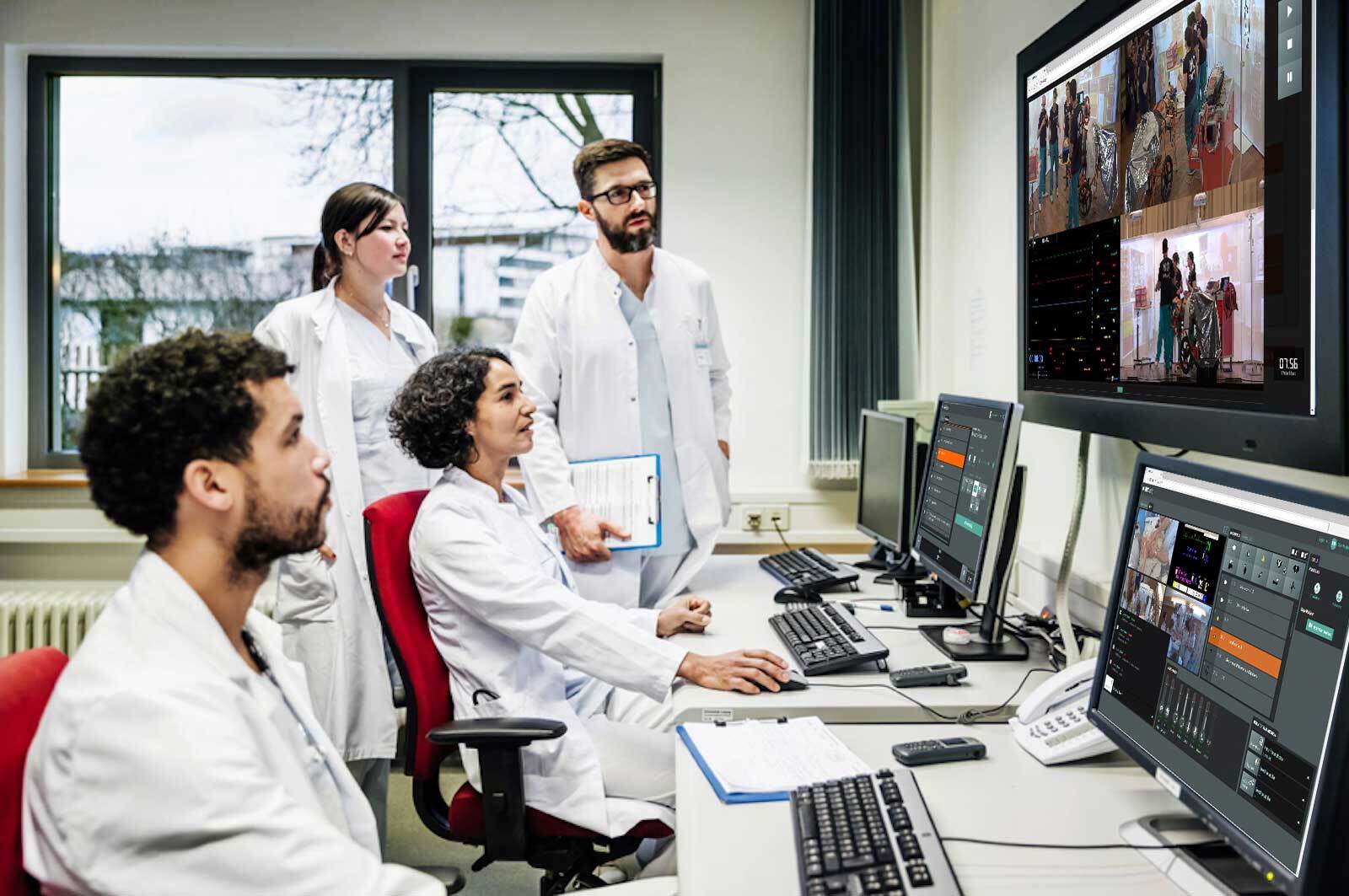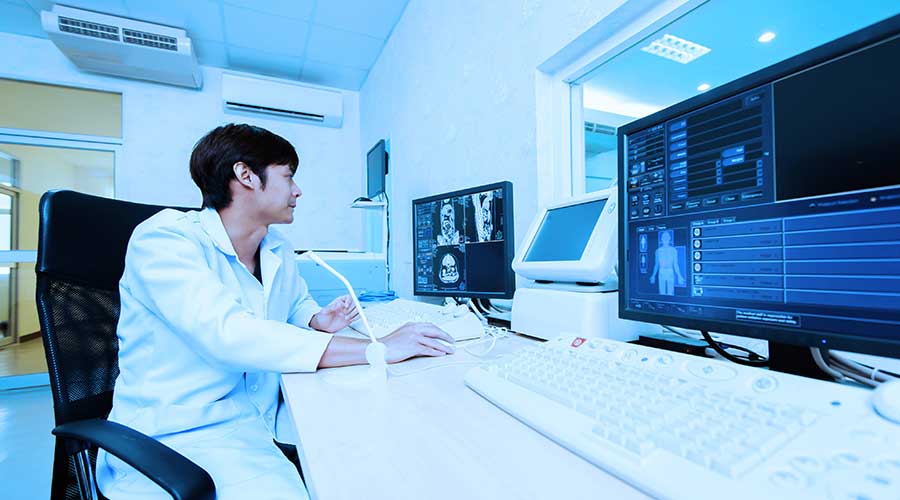VIRTUAL SIMULATIONS SUPPORT PRACTICAL TRAINING TO IMPROVE PATIENT-PROVIDER INTERACTIONS
Good patient-provider communication is a core component of delivering high-quality patient care. But sometimes, training programs to improve medical students’ interpersonal communication skills aren’t effective. Facilities often use standardized patients — actors or other students engaging in role-playing as actual patients — for training purposes. However, med students may find it difficult to suspend disbelief or take a role-playing scenario seriously.
on Wednesday, 30 June 2021.
Posted in Virtual Medical Simulation, New York City, NY, Virtual Medical Simulation
AUGMENTED PATIENT SIMULATION OFFERS MEDICAL STUDENTS A 100% REMOTE SIMULATION EXPERIENCE
As we near the end of 2020, one fact has become clear: the coronavirus will follow us into the new year. It’s time for organizations to strategize long-term solutions to enable remote work and remote learning, especially in the healthcare field. We need our new generation of healthcare providers to continue learning, training and growing, now more than ever.
Hands-on, interactive experience is crucial for medical students to practice and improve the skills they need to care for patients. Over the past several years, simulation-based education has been a steadily growing field in Washington, D.C., and worldwide. But with many medical schools, universities and training hospitals implementing remote strategies to keep students and teachers safe, what virtual medical simulation solutions are available for med students to continue their education? Let’s take a look at a fully remote solution that may be right for your organization.
on Thursday, 26 November 2020.
Posted in Virtual Medical Simulation, Washington, D.C, Virtual Medical Simulation
INTEGRATED DEBRIEFING SOFTWARE AND HARDWARE ARE CRITICAL COMPONENTS OF YOUR SIMULATION SOLUTION
Historically, “debriefing” was first used in the military. After returning from a mission, soldiers would give their commanding officers an account of their experiences. This intelligence was then analyzed and used to strategize for future missions and operations and demonstrate a learning opportunity for other soldiers.
Modern-day debriefing in medical simulation education is a descendant of military-style debriefing. The debriefing process is a crucial time for review, evaluation, reflection, knowledge absorption and learning. Without the proper debriefing technology integrated into a simulation solution, students miss out on a rich opportunity to learn from simulated experiences.
on Friday, 25 September 2020.
Posted in Virtual Medical Simulation, Washington, D.C, Virtual Medical Simulation
Just as medicine continues to advance, healthcare simulation—and the standards that govern it—are also evolving. It’s important that healthcare organizations keep up, but how do you know when and what parts of your simulation technology should be upgraded?
on Wednesday, 03 October 2018.
Posted in (EMS) Simulation Lab, Virtual Medical Simulation
 Using Virtual Medical Simulation for Communication Training
Using Virtual Medical Simulation for Communication Training 



